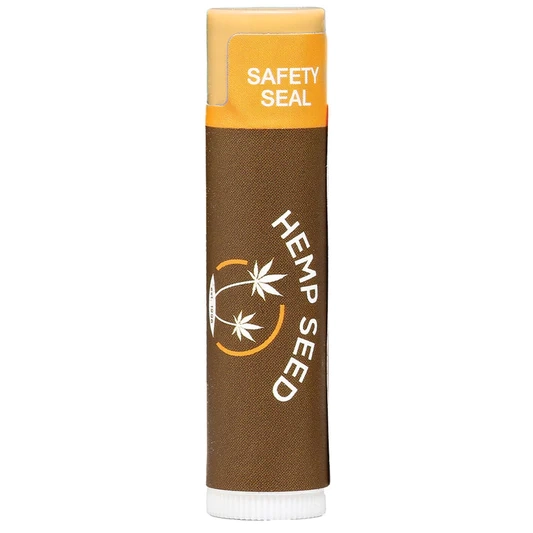Hemp, often known as industrial hemp, is a versatile plant that has been used for thousands of years to make textiles, paper, food, and medicine. Hemp has sparked increased interest in recent years, particularly for its potential application in the creation of CBD oil and other hemp-based products. This essay will look at the intriguing history of earthly hemp, its varied use, and its promise as a sustainable crop.
The History of Hemp: From Ancient Times to Modern-Day
Hemp has a rich and long history spanning back thousands of years. Hemp was initially planted in Asia approximately 8000 BC and was later used to manufacture paper and textiles by the ancient Egyptians. The plant then expanded over the planet, with European colonists introducing it to the Americas in the 1600s. Indeed, hemp was such a valuable crop in colonial America that farmers were forced by law to cultivate it. However, when synthetic fibres grew more popular in the twentieth century, hemp cultivation declined as it became less economically viable. However, hemp is regaining popularity as people rediscover its numerous benefits.
The Many Uses of Hemp: From Textiles to Medicine
Hemp is a remarkably adaptable plant that may be used to make a wide variety of products. Textiles are one of the most prevalent use for hemp. Hemp fibre is robust, resilient, and absorbent, making it an ideal fabric for clothes, bedding, and other applications. Indeed, many fashion designers are adding hemp into their designs since it is both sustainable and fashionable.
Hemp is widely employed in the food industry, especially for its seeds. Hemp seeds are high in protein, fibre, and healthy fats and may be used in a range of recipes, including smoothies, salads, and baked products. Furthermore, hemp oil, derived from the seeds, is high in omega-3 and omega-6 fatty acids, making it a nutritious substitute for traditional cooking oils.
The Potential of Hemp as a Sustainable Crop
Hemp is not only multifunctional, but it is also environmentally friendly. Hemp, unlike other crops, uses less water and no pesticides or herbicides, making it an environmentally benign agricultural choice for farmers. Furthermore, because hemp has a short growing cycle, it can be harvested numerous times each year. As a result, it is an ideal crop for farmers wishing to diversify their crops while reducing their environmental impact.
Hemp products may also be used to make biodegradable polymers, which can help reduce the quantity of plastic waste in our landfills and oceans. Hemp-based plastics are also stronger and longer-lasting than typical plastics, making them an appealing option for producers.
Hemp and Legalization
Despite its numerous advantages, hemp has a complex legal background, particularly in the United States. The US government designated hemp as a Schedule I substance in 1970, making it unlawful to grow or possess. This classification was based on the fact that hemp is a type of cannabis plant that is also used to make marijuana. However, the Farm Bill passed by the US Congress in 2018 removed hemp off the list of controlled narcotics and legalised its production and sale. This has created new opportunities for farmers and businesses, who may now reap the benefits of this versatile plant.
The Future of Hemp
As the demand for hemp-based goods grows, the industry faces both opportunities and challenges. On the one hand, hemp has the potential to be a profitable crop for farmers, especially those wishing to diversify their crops while reducing their environmental effect. Furthermore, hemp-based goods are growing in popularity among consumers looking for natural, sustainable alternatives to standard items.
Conclusion:
Hemp is a versatile, environmentally friendly, and interesting plant with a long history of use. Its numerous applications, ranging from textiles to medicine, make it a significant resource for both individuals and enterprises. As individuals become more concerned of their influence on the environment and their health, the market for hemp-based goods is expected to rise. Hemp has the potential to revolutionise the way we live and interact with the environment around us, whether it's for clothes, paper, food, medicine, or even biodegradable plastics.



